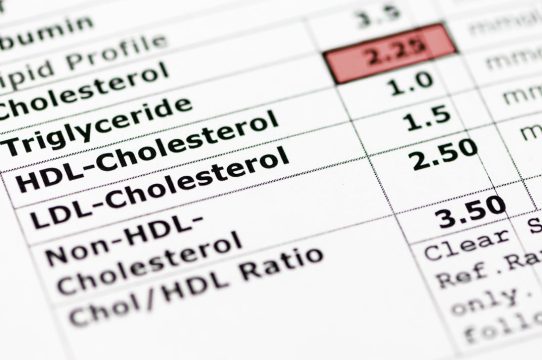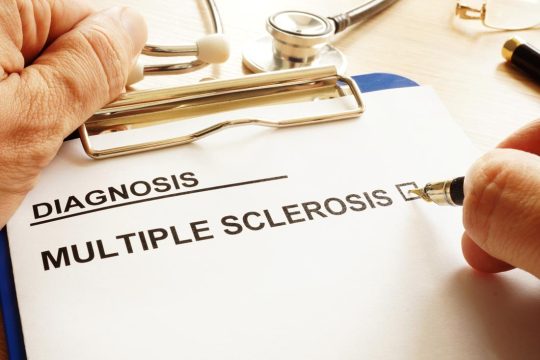Advertisment
Antidepressant therapy not significantly effective for back and osteoarthritis pain

Article written by Bruce Sylvester
Antidepressants do not appear to provide significant back or osteoarthritis pain relief, even though they are widely prescribed for such purposes, researchers reported on Jan. 20, 2021 in The BMJ today.
“The use of antidepressants to treat people with chronic back pain and osteoarthritis is increasing worldwide, but prior to our work, it was not clear whether antidepressants relieved pain or were safe,” said investigator Dr Giovanni Ferreira, postdoctoral research fellow at the Institute for Musculoskeletal Health at the University of Sydney (Australia) and Sydney Local Health District and the University’s Faculty of Medicine and Health.
“We conducted a review of all randomised clinical trials evaluating the efficacy of antidepressants for people with back pain or knee osteoarthritis and found that for back pain the antidepressants were either ineffective or provided a very small effect, which was unlikely to be perceived as worthwhile by most patients. For people with osteoarthritis, effects were still small, but could be potentially perceived as worthwhile by some patients,” Ferreira added.
The investigators undertook a retrospective meta-analysis of data from 33 randomized and controlled trials enrolling more than 5,318 subjects with low back or neck pain, sciatica, or hip or knee osteoarthritis.
The trials tested six classes of antidepressants including serotonin-noradrenaline reuptake inhibitors (SNRIs) and tricyclic antidepressants.
The primary endpoints were changes in pain and disability scores converted to a scale of 0 points (no pain or disability) to 100 points (worst pain or disability). The study set a difference of 10 points as the smallest worthwhile difference between groups.
The investigators reported that serotonin-norepinephrine reuptake inhibitors (SNRIs) reduced back pain after three months. However, the effect was a small average of 5.3 points for pain compared with placebo. They said that such results were not likely to be experienced as clinically significant by most patients.
For osteoarthritis after three months of treatment, the researchers reported a somewhat stronger effect of SNRIs on pain, an average difference of 9.7 points on the pain scale compared with placebo. They noted that a worthwhile effect could not be excluded on the basis of this analysis..
Low certainty evidence indicated that tricyclic antidepressants (TCAs) were ineffective for back pain and related disability.
The evidence on SNRI treatment of sciatica was not strong enough to lead to firm conclusions.
Notably, SNRI antidepressant treatment was significantly associated with an increased risk of an adverse event, with two-thirds of the SNRI-treated subjects reporting at least one adverse event.
Professor Andrew McLachlan, investigator and Head of School and Dean of Pharmacy at the University of Sydney advised patients using antidepressants for physical pain to see their doctor before abruptly ceasing treatment with the drugs. “This can lead to withdrawal effects which can be distressing and sometimes present as serious health issues. These withdrawal effects include dizziness, nausea, anxiety, agitation, tremor, sweating, confusion and sleep disturbance,” he said.
Ferreira added: “More research is needed to resolve uncertainties about the efficacy of antidepressants for sciatica and osteoarthritis highlighted by this review.”





